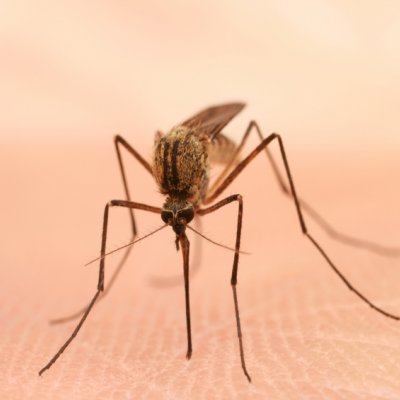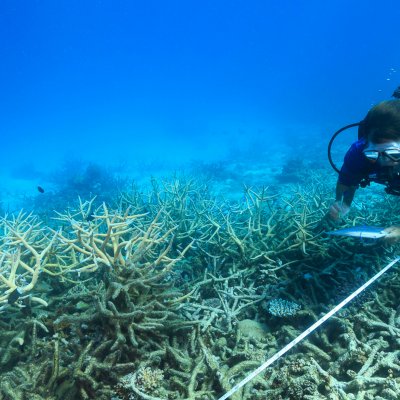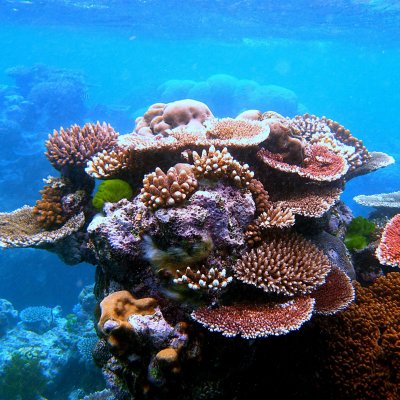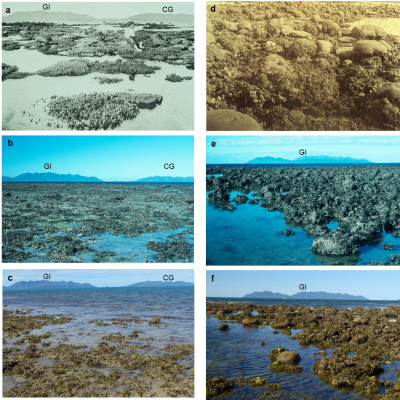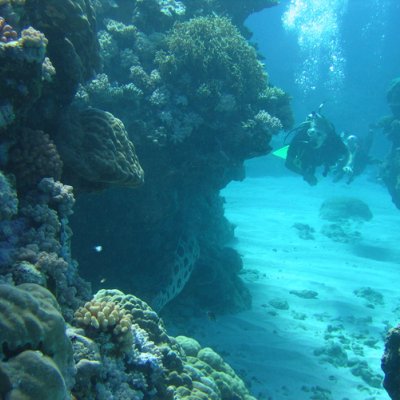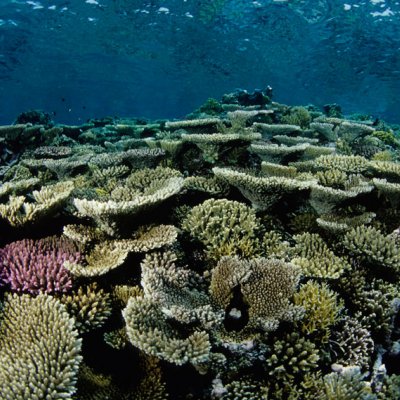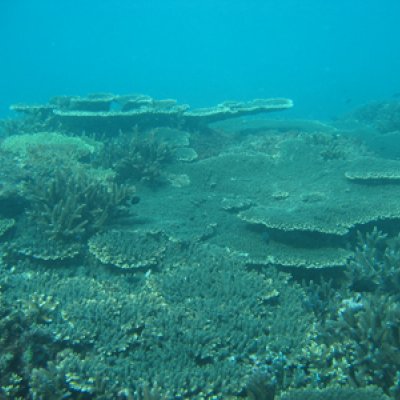The University of Queensland has a range of experts available to talk to media in relation to World Environment Day on 5 June and World Oceans Day on 8 June.
1 June 2018Centuries-old nautical charts, mapped by long-deceased sailors to avoid shipwrecks, have been used by modern scientists to study loss of coral reefs.
7 September 2017The vulnerability and conservation value of sub-tropical reefs south of the Great Barrier Reef - regarded as climate change refuges – has been highlighted in a new study.
23 August 2017Catch rates of east coast Spanish mackerel have declined by 70 per cent over the past 80 years.
14 June 2017Climate-driven change in the distribution of animal and plant species poses emerging challenges for humans, an international study has shown.
3 April 2017University of Queensland researchers are part of a team that will conduct Great Barrier Reef aerial and underwater surveys this month as coral bleaching occurs for the second year in a row.
16 March 2017Every aspect of life on Earth has already been impacted by global changes in temperature from human-induced climate change according to a new international study involving researchers from The University of Queensland.
10 November 2016A new scientific study is reconstructing long-term data on fish catches using fishers’ memories to reveal how their rewards have declined over the past 50 years.
23 June 2016The timing of significant Great Barrier Reef coral loss captured by a series of historical photos has been accurately determined for the first time by a University of Queensland)-led study.
9 February 2016Warming oceans will cause profound changes in the global distribution of marine species, new research shows.
26 August 2015An international scientific team has used a 23-million-year fossil record to calculate which marine animals and ecosystems are most at risk of extinction today.
1 May 2015Coral reefs are the poster child for the damage people are doing to the world’s oceans. Overfishing, pollution and declining water quality have all taken their toll on reefs around the world. Perhaps the most famous example is Australia’s Great...
15 January 2015Queensland scientists delving into newspaper archives have discovered that catch rates for Queensland’s pink snapper fishery have declined almost 90 per cent, since the nineteenth century.
17 November 2014University of Queensland researchers have found physical evidence in Great Barrier Reef corals of a little-known, long-term climate pattern in the Pacific Ocean. The Pacific Decadal Oscillation – discovered and named only in the 1990s – describes...
13 January 2014There is growing scientific concern that corals could retreat from equatorial seas and oceans as the Earth continues to warm, a team of international marine researchers warned today.
11 December 2012Life in the world’s oceans faces far greater change and risk of large-scale extinctions than at any previous time in human history, a team of the world’s leading marine scientists has warned.
21 August 2012John Pandolfi keeps his optimism alive despite the grim scientific evidence he confronts daily that the world’s coral reefs are in a lot of trouble – along with 81 nations and 500 million people who depend on them.
10 July 2012A new scientific study has identified two distinct populations of white shark at the east and west of Bass Strait in Australian waters, prompting researchers to suggest the huge fish may need regional conservation plans.
4 June 2012Fish and other sea creatures will have to travel large distances to survive climate change, international marine scientists have warned.
4 November 2011Climate change and acidifying ocean water are likely to have a highly variable impact on the world’s coral reefs in space, time and diversity, according to an international team of coral scientists, including UQ researchers.
21 July 2011- 1 of 2
- next ›

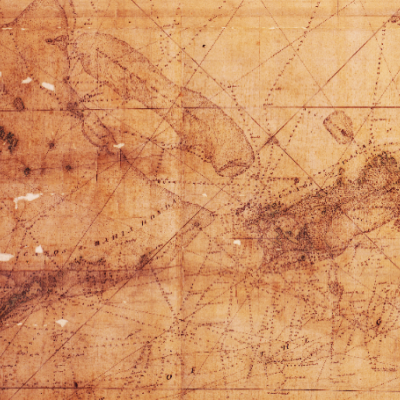
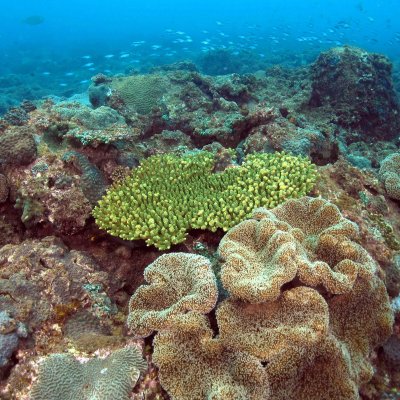
.jpg?itok=5x-5Dh6I)
